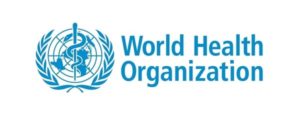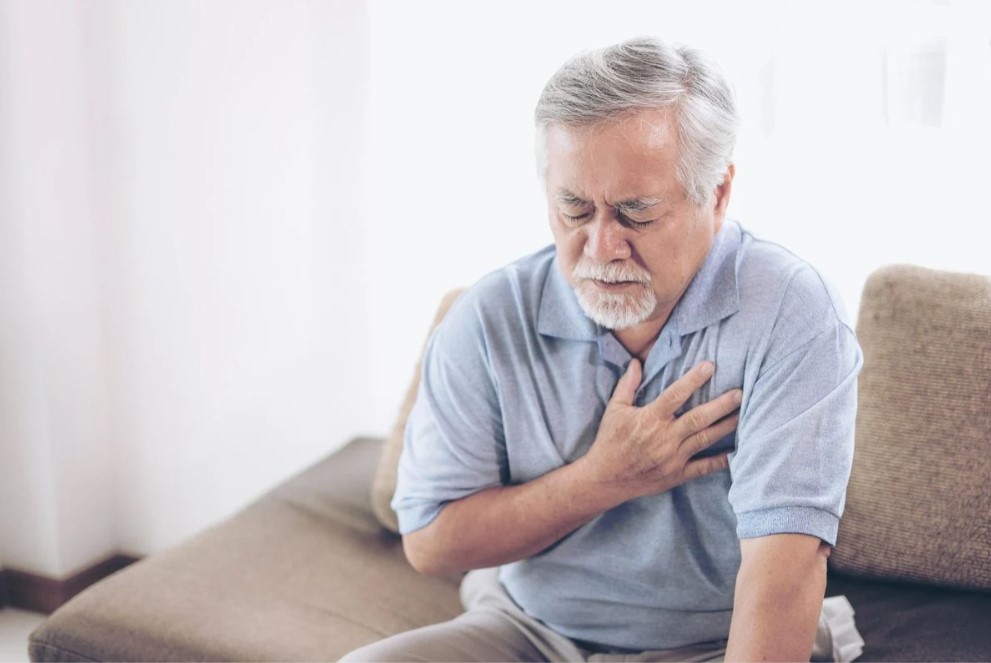WHO builds Ghana’s capacity to respond to health emergencies
- Health SectorHealth Security
- No Comment
- 398

Various personnel across the health sector, including animal and environmental experts, have undergone a training programme that was aimed at building the capacity of Ghana’s health system.
The programme, organised by the World Heath Organisation (WHO) and Africa CDC, was to equip the health professionals to handle any health emergency that might occur in future.
Dubbed: WHO scoping mission — the training also sought to identify areas in which additional capacities and competencies could be developed here in Ghana.
The African region had in recent years been faced with a number of public health emergencies, including COVID-19 pandemic which exposed the gaps in the continent’s ability to handle these emergencies – limited health workforce, poor information management and weak health systems.
Model country
At the scoping mission, the WHO country representative to Ghana, Professor Francis Kasolo, said although Ghana was credited to have responded well to the COVID-19 pandemic and other outbreaks, they wanted it to be a model country in terms of health emergencies.
The scoping mission was committed to helping the country to identify areas it could further develop beyond the current situation and also to ensure that Ghana had the capacity to support other countries within the continent.
“Ghana has so much capacity to share with others, but how sustainable is the capacity?
Ghana must have sustainable capacity across the different sectors to respond to any health emergency that will come and that capacity should be shared not only with your neighbours but the whole continent,” Prof. Kasolo said
Touching on health emergencies that had occurred on the continent during the past few years, the WHO country representative to Ghana said there had been diseases, tremors and mudslide occurring, but after each of them, Africa came out to say they had learnt lessons, yet when new ones occurred, they kept on struggling to contain them.
“What is it that African countries can do to effectively manage health emergencies that occur?
We need to be prepared and to be prepared means that all the elements that are needed for us to respond to health emergencies are in place,” he said.
Prof. Kasolo mentioned the elements that needed to be in place for Africa to manage health emergencies to include the ability to detect any health emergencies and outbreaks; the capacity to respond to them and the need to address logistics and sensitise communities to be aware of outbreaks that occurred
Ghana’s health emergencies
The Director General of the Ghana Health Service, Dr Patrick Kuma-Aboagye, said Ghana had had to go through many health emergencies the past few years, and these included the COVID-19 pandemic, Yellow Fever, Lassa Fever, Marburg and Monkey Pox, but in all these, the country’s health system was able to contain them.
He, therefore, expressed gratitude that WHO had recognised these achievements, adding that the country hoped to learn more and also improve on its capacity in terms of responding to health emergencies.
He pointed out that there were other non-health hazards that needed to be dealt with in the country and these included road traffic accidents and floods.
By Augustina Tawiah
ReadMore: https://www.graphic.com.gh/news/general-news/ghananewswho-builds-ghanas-capacity-to-respond-to-health-emergencies.html





